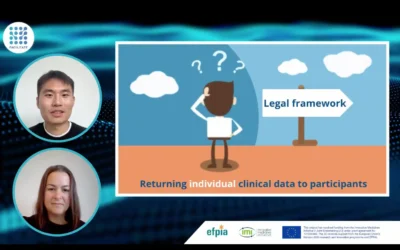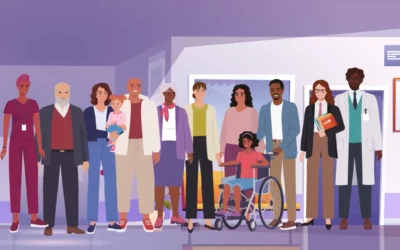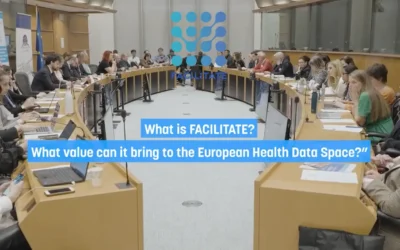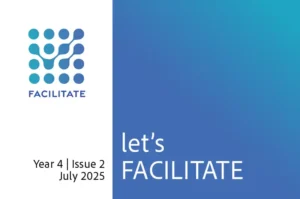On June 20th, Marta García Manrique, R&D. Chief Patient Officer in Servier and representative in the FACILITATE consortium, presented the main features of the IHI project at the “Patient Centricity & Engagement Conference” in London.
The annual appointment provided the appropriate setting to illustrate the main objectives of FACILITATE and the challenge of finding common solutions to meet the needs of different stakeholders. These are essential to develop a common framework to facilitate and standardize the management of patient data generated during their involvement in clinical trials.
In her introduction, focused on the need to put the patient at the center of decision making, Marta García highlighted the value of this kind of cross-cutting and multi-stakeholder projects as a helpful tool to advance in the internal transformation of the organizations towards the new patient-centric model.
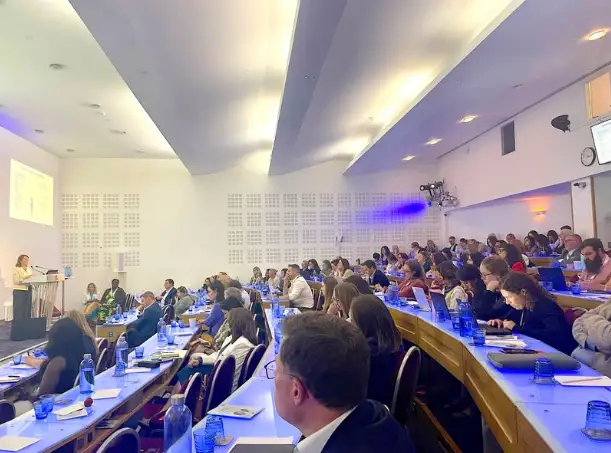
FACILITATE meets these requirements perfectly for the goals it seeks to achieve:
- new legally and ethically ways to allow participants’ data to be accessed and reused
- a partnership in which patients are at the center of data governance through advanced communication tools and participatory technology
- a change in our current process of generating evidence from clinical trials, which now is far from straightforward
- more effective and safer medicines brought faster at their approval date, showing how a patient-centered data driven approach can make the entire process better
- clear rules in a trusted, ethical, legal, and regulatory ecosystem to strongly engage patients as data generators
- a change in the current situation of clinical trial data siloed in separate medical systems without possibility to be used beyond their original single-sided purpose.
In her conclusions, Marta García outlined the expected impact of FACILITATE, not only for participants but also for healthcare professionals, who will be able to aid clinical decision making and reduce duplication; for regulators, who could exchange views with counterparts in other countries and with researchers to propose aligned and workable positions; for EU research, which will give patients control over their clinical trial data and allow them to donate it; for pharmaceutical companies, which will be able to improve patient retention and access to health data for future research; and for society, which will increase the transparency of clinical trials and thus improve patient trust and oversight of clinical data reuse.


